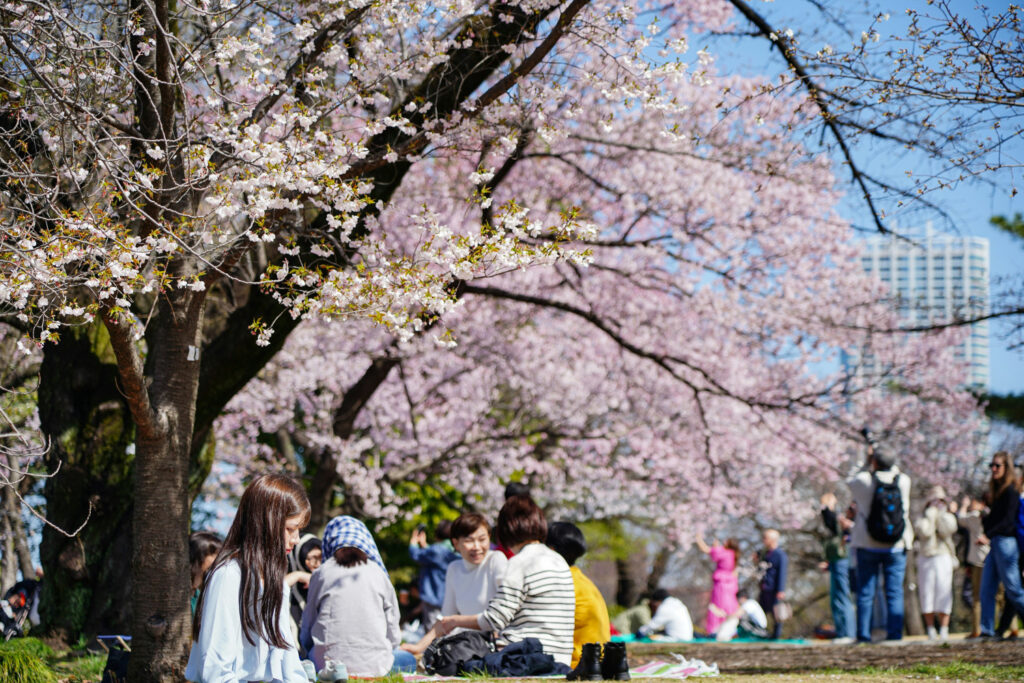
Japan’s allure has always drawn travelers from around the world, but now, with the introduction of the Digital Nomad Visa in 2024, the country is inviting a new kind of visitor: remote professionals looking to live and work while experiencing everything Japan has to offer. From Tokyo’s cutting-edge urban energy to the peaceful retreats of Kyoto and beyond, digital nomads now have the chance to call Japan home, at least temporarily. With the flexibility to work from anywhere, this visa allows remote professionals to seamlessly integrate daily life and work while gaining a deeper, more authentic experience of Japanese culture which is something often missed on shorter tourist stays.
What is the Digital Nomad Visa?
The Digital Nomad Visa is Japan’s newest visa category, designed for remote workers who wish to stay in the country for up to six months. This visa makes it possible for professionals to immerse themselves in Japanese culture without giving up their work routines. Applicants must be employed or self-employed by companies outside of Japan and must earn an annual income of at least ¥10 million, which is roughly $68,250 USD (as of May 2025).
This visa is open to citizens from 49 countries, including the United States, Canada, the United Kingdom, Australia, and much of Europe and Southeast Asia. It also allows spouses and children to join, provided they meet specific conditions. However, visa holders will not be considered official residents, so things like opening a Japanese bank account or signing long-term leases may be restricted.
Applying for the Visa

The application process for Japan’s Digital Nomad Visa is designed to be straightforward but still requires careful preparation. Unlike tourist entry, this visa involves providing detailed documentation and demonstrating a clear plan for your time in Japan.
Applicants must first confirm that they hold citizenship from one of the 49 eligible countries, which includes nations with both visa-free agreements and tax treaties with Japan. These include the United States, the United Kingdom, Canada, Germany, Australia, and several countries across Europe and Asia. You can find the most up-to-date list on the official Ministry of Foreign Affairs or Immigration Services Agency websites.
The most important requirement is proof of income. Applicants must show that they earn at least ¥10 million annually (approximately $68,250 USD as of May 2025) through work with a foreign company or their own business based outside of Japan. Acceptable documentation includes recent tax returns, employment contracts, business agreements, or income statements.
Health insurance is another key requirement. Applicants must hold international medical insurance with a minimum coverage of ¥10 million, which should cover illness, injury, and death during their time in Japan. Insurance documentation must include a certificate of coverage and policy details. If a spouse or child is accompanying the applicant, they must be covered under a qualifying policy as well.

The application also requires an activity plan, outlining what you intend to do during your stay in Japan. While this doesn’t need to be overly detailed, it should include information about your remote work, where you will be based, and general goals or travel plans. This form helps immigration officers understand your intent and ensures compliance with the terms of the visa.
In addition to the above, applicants need:
- A completed visa application form (available at consulates or online).
- A valid passport with at least six months of remaining validity.
- A recent passport-style photograph.
- Documentation showing where you will stay during your time in Japan, such as a confirmed reservation at a furnished apartment or serviced residence.
Once all documents are gathered, you must apply at your nearest Japanese embassy or consulate. Processing times can vary, but in most cases, applicants receive a decision within a few weeks. You may also choose to obtain a Certificate of Eligibility (COE) from Japan’s Immigration Services Agency before applying. While not mandatory, the COE can help streamline the visa approval process and reduce the paperwork required at the embassy. It is not required and can be tricky to apply for on your own.
There is a small visa issuance fee, generally around ¥3,000–¥6,000, in the currency of the applied in embassy, depending on whether you are applying for a single- or multiple-entry visa.
Finally, it’s worth noting that the visa is not renewable. After your six-month stay, you must leave Japan for at least another six months before reapplying. This rule encourages fresh circulation of new applicants and ensures the program remains closely aligned with its short-term intent.
Why It Matters for the Economy and Investors

Japan’s Digital Nomad Visa is more than just a travel permit. It introduces a new economic dynamic by bringing high-earning professionals into the country for extended stays. These temporary residents contribute directly to local economies, from dining and shopping to transportation and accommodation. Because they are responsible for their own health insurance, they also place less strain on public services.
For real estate investors and landlords, this visa presents a growing demand for premium short-term rentals, particularly fully furnished apartments in central Tokyo. Many digital nomads seek out properties that provide a balance between comfort, convenience, and reliable connectivity. This makes Tokyo’s luxury rental market, especially investment properties offered by Housing Japan and serviced residences like Ken’s Place, a prime opportunity for investors seeking consistent income and high-quality tenants.
Where Digital Nomads Can Stay in Japan

Because visa holders are not eligible for traditional long-term leases, many turn to furnished rentals for the duration of their stay. In Tokyo, Ken’s Place offers a popular solution with short-term, fully furnished accommodations ideal for professionals. These residences combine hotel-level amenities with the comfort of home, making them well-suited for international guests working remotely.
Whether staying for a few weeks or the full six-month duration, digital nomads benefit from living in convenient, well-connected neighborhoods while enjoying services that simplify daily life.
Exploring Other Visa Options
The Digital Nomad Visa is just one of several pathways for those interested in staying longer in Japan. Entrepreneurs may consider the Startup Visa, which allows for a one-year stay while launching a business in designated cities like Tokyo or Fukuoka. There’s also the Business Manager Visa for those investing in or managing Japanese companies. For individuals with specialized skills who want to work and earn in Japan, professional work visas may be a better fit.
Understanding these options can help visitors make longer-term decisions, especially those considering Japan not just as a destination, but as a place to live, invest, or build a business.
See more information on Visas on the Ministry of Foreign Affairs of Japan website -> Here
A New Chapter for Digital Living in Japan

Japan’s introduction of the Digital Nomad Visa marks a significant shift in how the country connects with global professionals. It creates exciting new opportunities for travelers who want more than a tourist experience and offers fresh potential for investors in Japan’s high-end rental market.
For digital nomads, it’s an open door to discover Japan’s rich culture while staying connected to work. For those in the luxury real estate market, it’s a sign of a growing demographic with strong spending power and specific housing needs. At Housing Japan, we’re ready to support both, with expert knowledge, high-quality properties, and services designed to meet the unique demands of global professionals.
Looking for premium short-term rentals or investment opportunities in Tokyo?
Explore our listings and discover how Housing Japan can help you make the most of Japan’s new Digital Nomad era.











